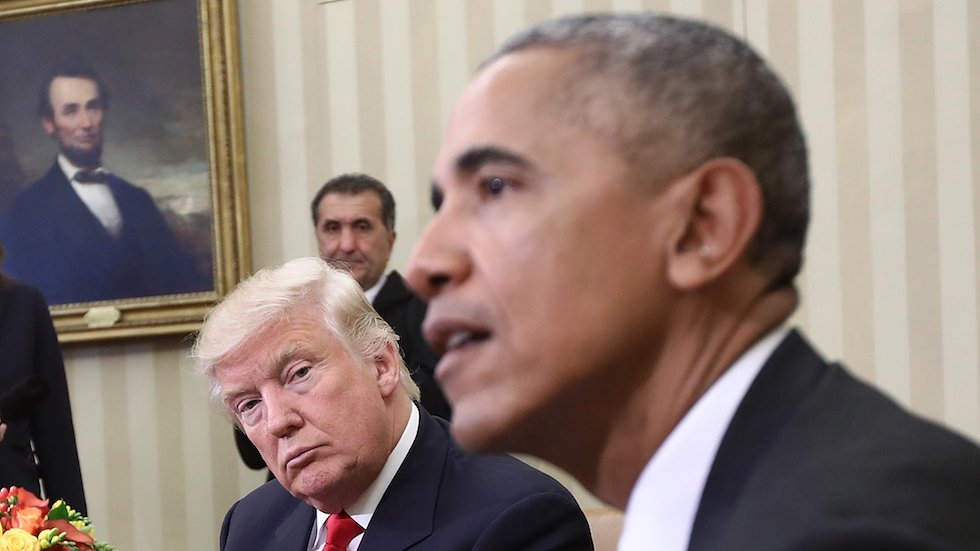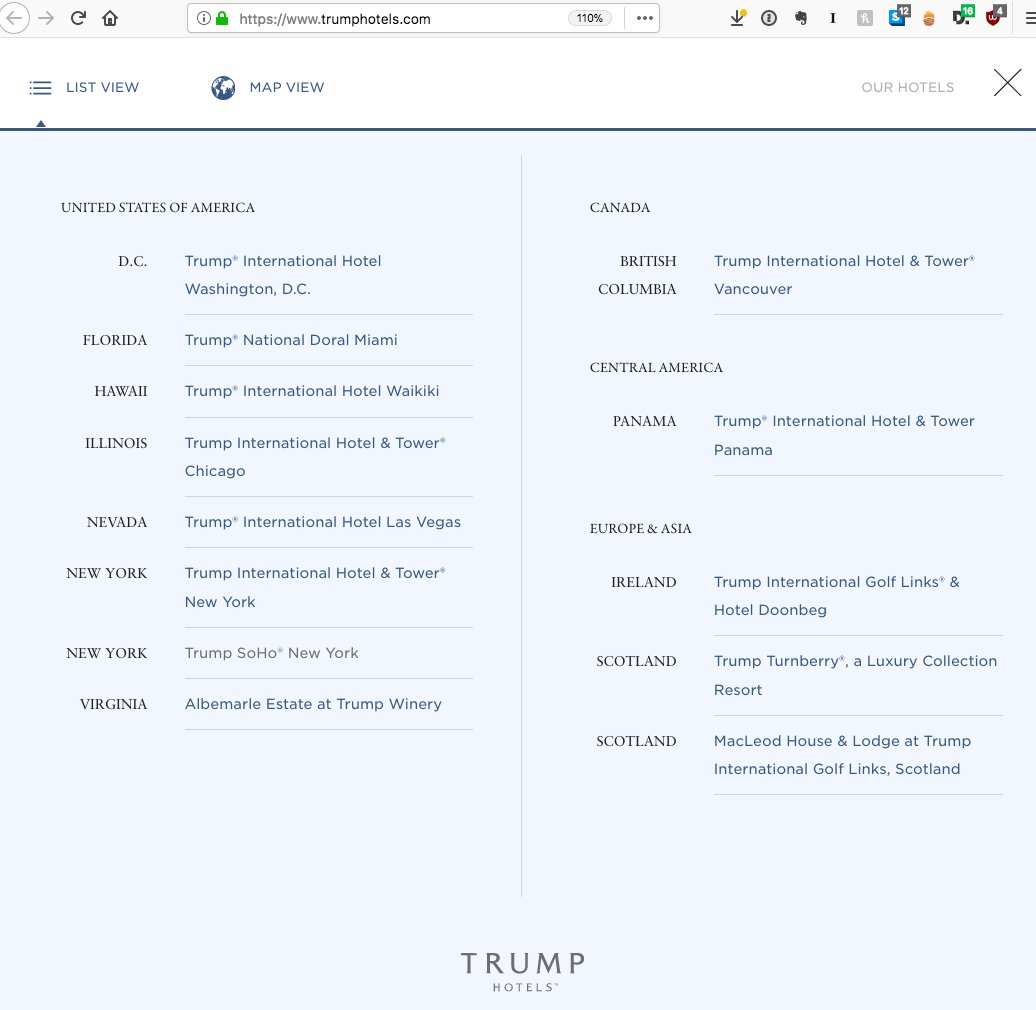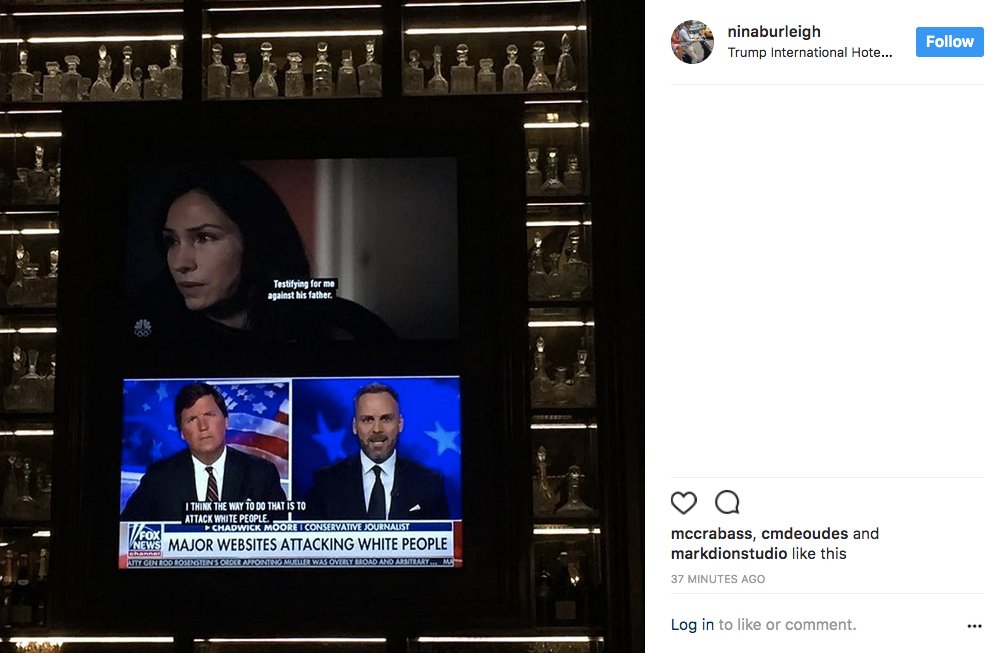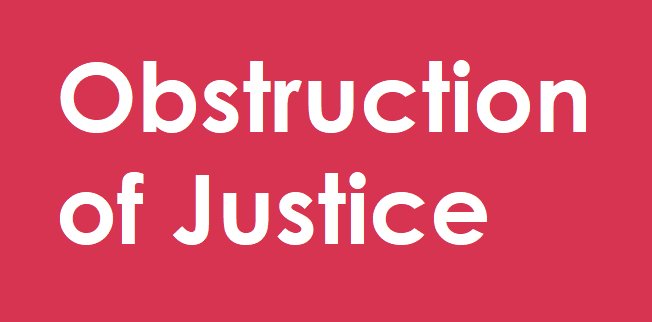
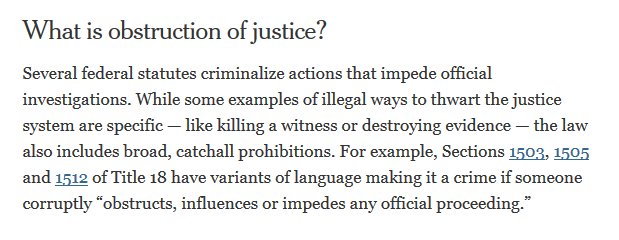
"Specific intent" means that you intended your actions to achieve a specific result and desired that that specific result be achieved.
1505—"corruptly attempt to influence administration of the law in pending proceeding"
1512—"corruptly attempt to persuade a person with intent to prevent communication to a judge commission of a crime"
(a) They don't specify statute.
(b) They don't acknowledge that statutes differ.
(c) They don't acknowledge some are harder to prove than others.
(d) They don't clarify the issue of intent.
PIECE OF EVIDENCE 1: Comey says, contemporaneously memorialized, and told others Trump at a minimum tried to "influence" him on whether to charge Flynn.
PIECE OF EVIDENCE 2: Trump told NBC he fired Comey because "this Russia thing with Trump and Russia is a made-up story."

1) Can a POTUS commit crimes if he's exercising constitutional authority?
2) If not—and the answer is indeed "no"—did Trump violate 1505 under the same standard as would be applied to the average citizen?
It's CONGRESS that will make political calculations.
"Intent to influence" is proven the *moment* Trump knowingly inserts himself into the issue at *all*—even if it's entirely haplessly.
(1) Trump wants to fire Mueller.
(2) If Mueller refers Obstruction, he comes unfireable.
(3) If Mueller artificially raises the bar for Obstruction, he might never refer it.
(4) If he delays referring it, he'll be fired before he can.
See the issue?
As a former public defender—not a federal prosecutor with a "political" mind—I proudly look *only* at the law, *not* at the defendant.




